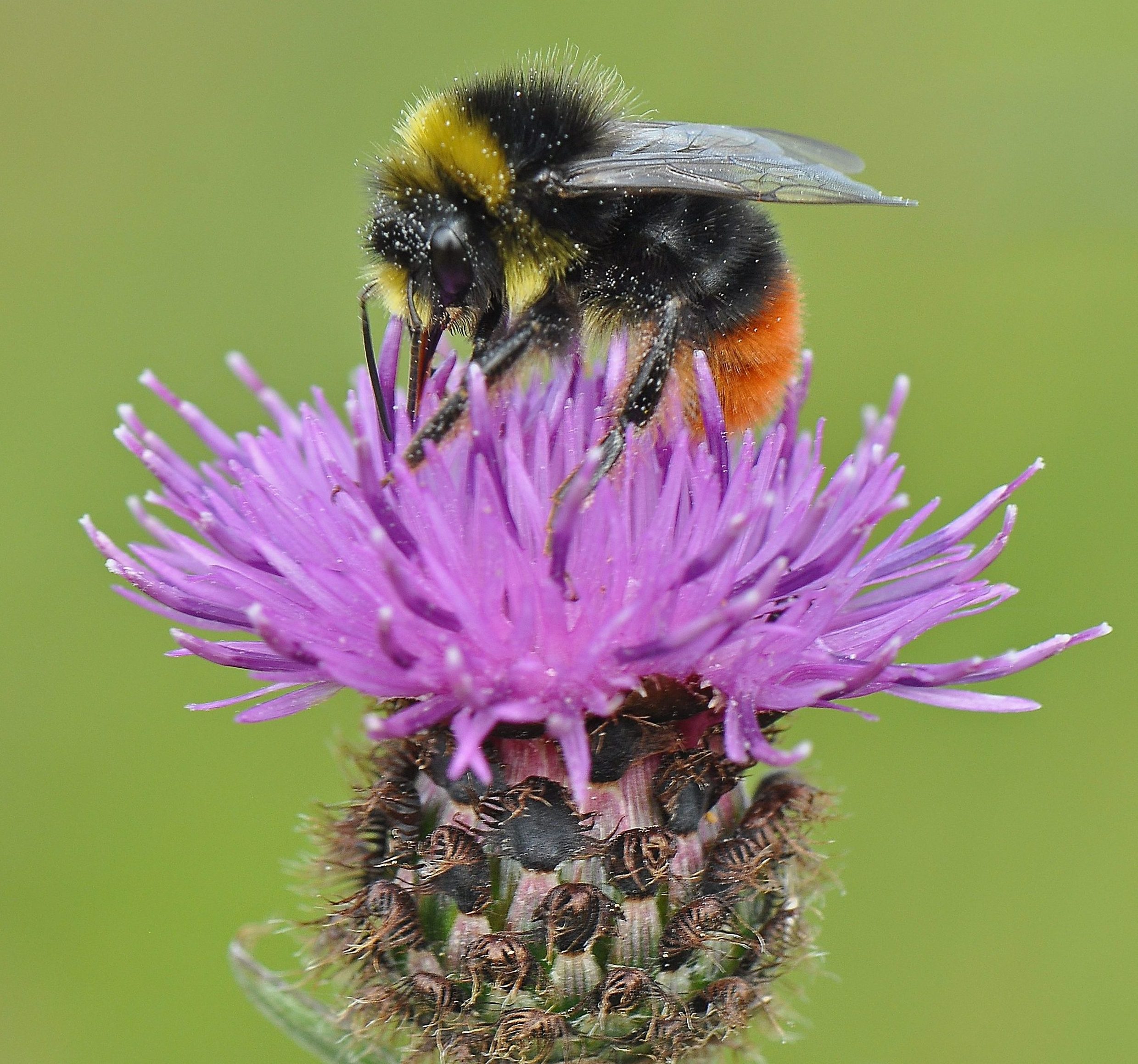NGOs respond to Government’s neonicotinoid decision
A broad-ranging group of NGOs has responded to Defra’s decision “to issue – with strict conditions – emergency authorisation to use a product containing a neonicotinoid to treat sugar beet seed in 2021“.
“In 2018 the government supported new rules which prohibit the outdoor use of three neonicotinoids – clothianidin, imidacloprid and thiamethoxam. In taking that position, the government made it clear that it could consider emergency authorisations (in accordance with the relevant legislation) in special circumstances where authorisation for limited and controlled use appears necessary because of a danger that cannot be contained by any other reasonable means and where the risk to people, animals and the environment, and in particular to bees and other pollinators, was considered acceptably low.
After careful consideration of all the issues, the government has decided to grant an application for emergency authorisation to allow use of a product containing the neonicotinoid thiamethoxam for the treatment of sugar beet seed in 2021. This is in recognition of the potential danger posed to the 2021 crop from beet yellows virus.”
In a letter to the Environment Secretary, George Eustice, the NGOs state that they are “extremely disappointed” with the decision to grant an emergency derogation allowing sugar beet producers to use seeds treated with the bee-toxic neonicotinoid thiamethoxam. Thiamethoxam was banned for all outdoor uses by the EU in 2018 because of the risk it poses to bees and other vital pollinator species. They note that then Defra Secretary Michael Gove said that: “Unless the scientific evidence changes, the government will maintain these increased restrictions post-Brexit”.
The UK Government’s decision to support the neonicotinoid ban was based on advice from its own advisory body on pesticides which stated that “scientific evidence now suggests the environmental risks posed by neonicotinoids – particularly to our bees and pollinators – are greater than previously understood, supporting the case for further restrictions.”
The NGOs note that “the body of evidence detailing the negative impact of neonicotinoids on not just bees and pollinators but also birds and other wildlife has only grown. Allowing farmers to use these harmful pesticides ignores the science and seriously undermines the UK Government’s own objective to leave the environment in a better state than it found it.”
The mitigation measures suggested to reduce the impact on bees from this decision includes increasing the use of herbicides to minimise flowering plants so that bees are not attracted to the fields, which unfortunately further reduces wildlife habitat such as hedgerows and adjacent meadows. There is no mitigation proposed for the predicted harm caused to aquatic life from surface water runoff.
The NGOs say government has an opportunity to take a different course, to help farmers tackle the ecological emergency and adapt to climate change, by instead investing in supporting farmers to research and adopt non-chemical alternatives to farm with nature instead of against it. They have also requested that government publishes the evidence that led to the derogation being approved.
